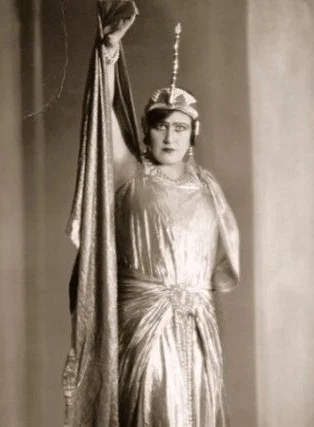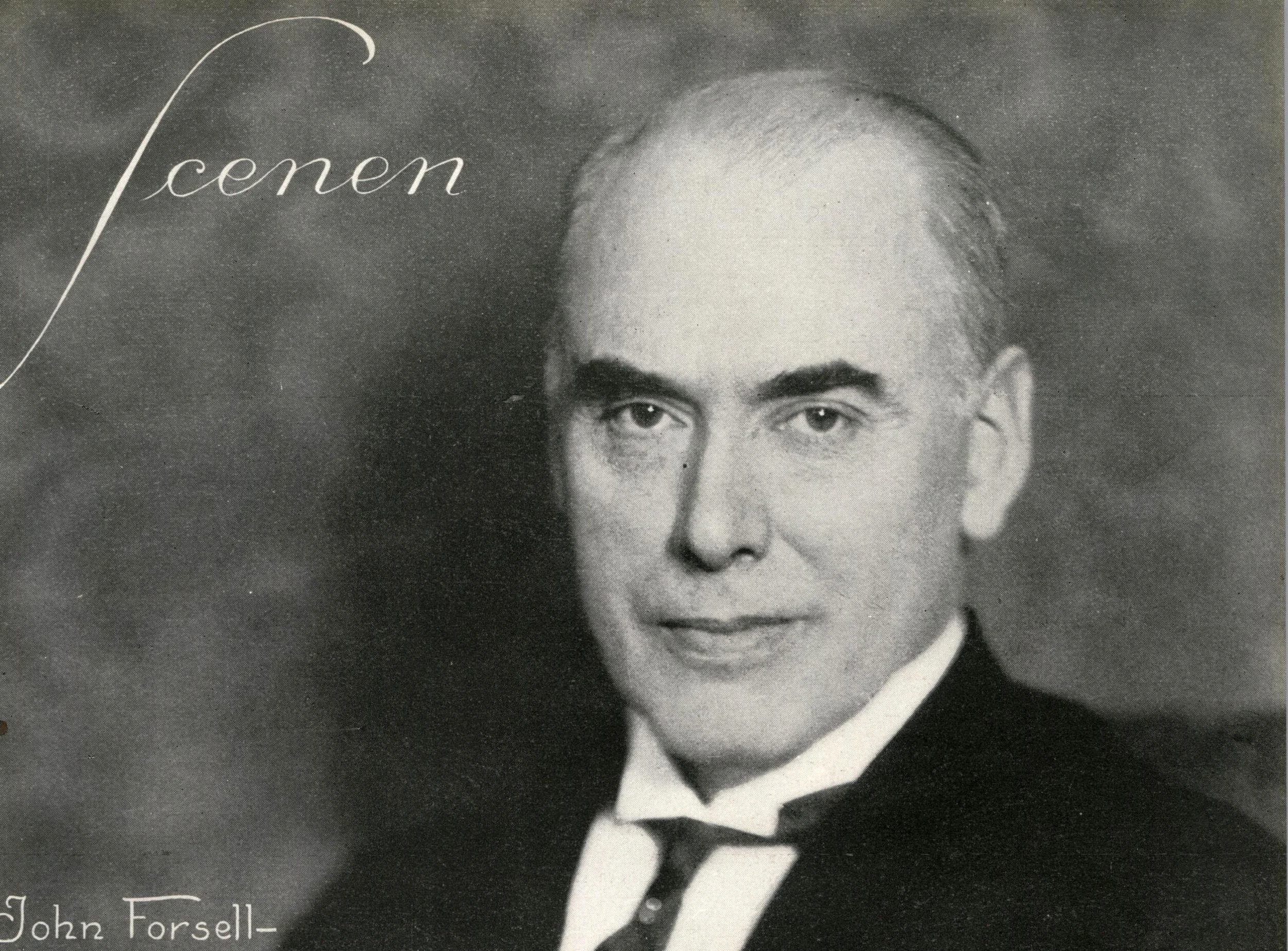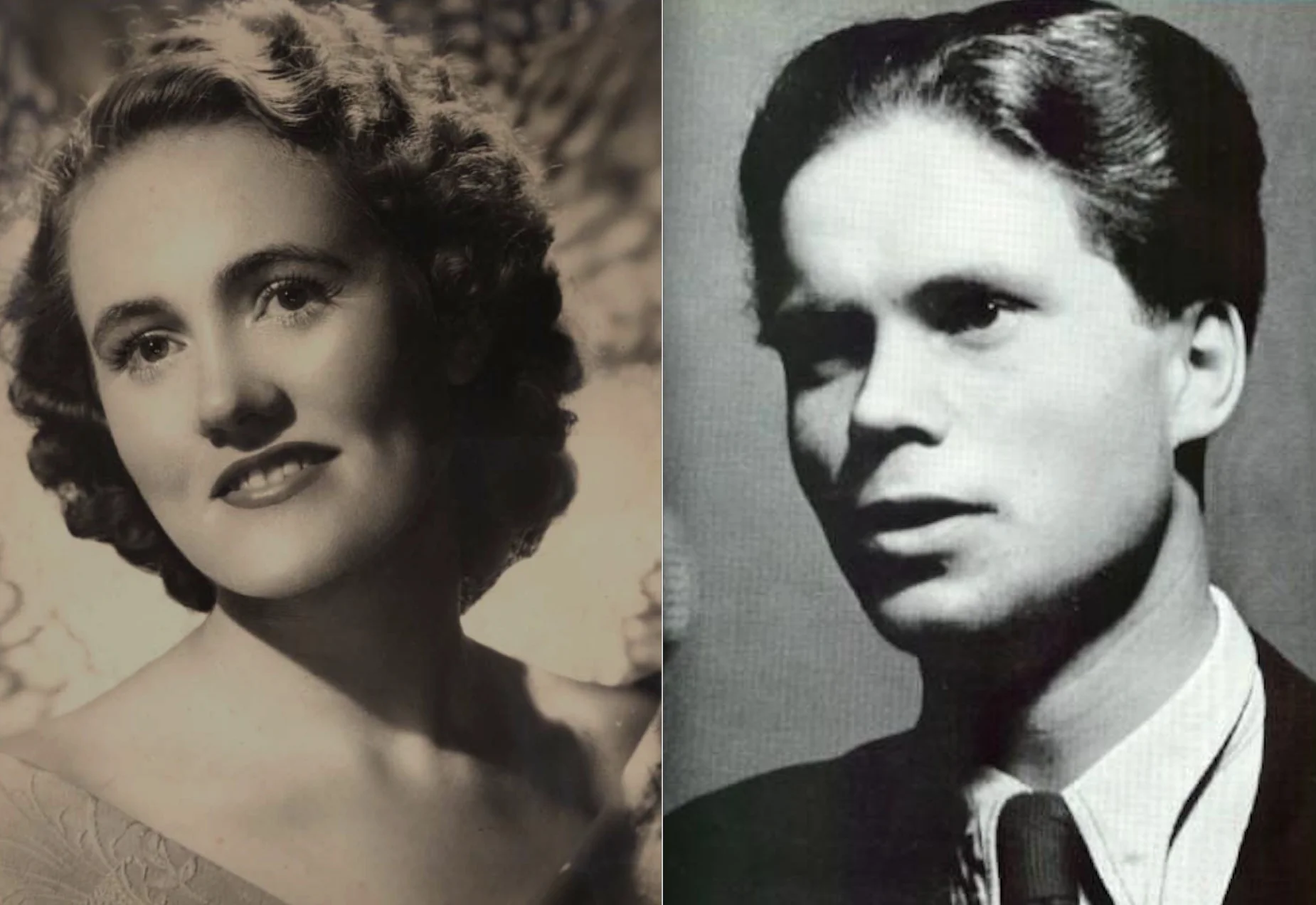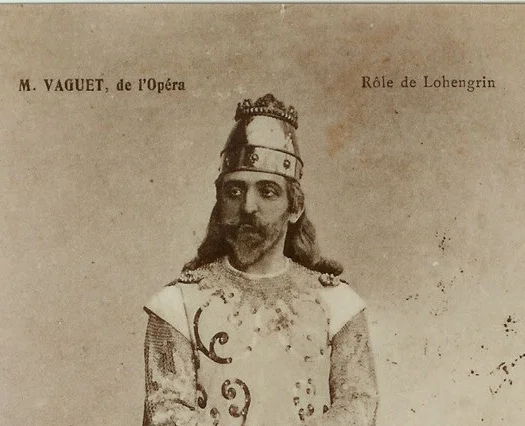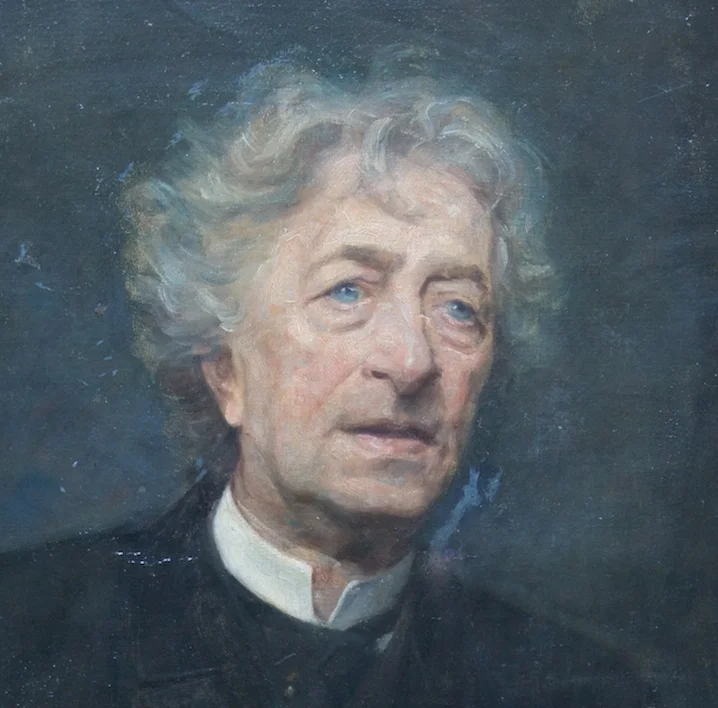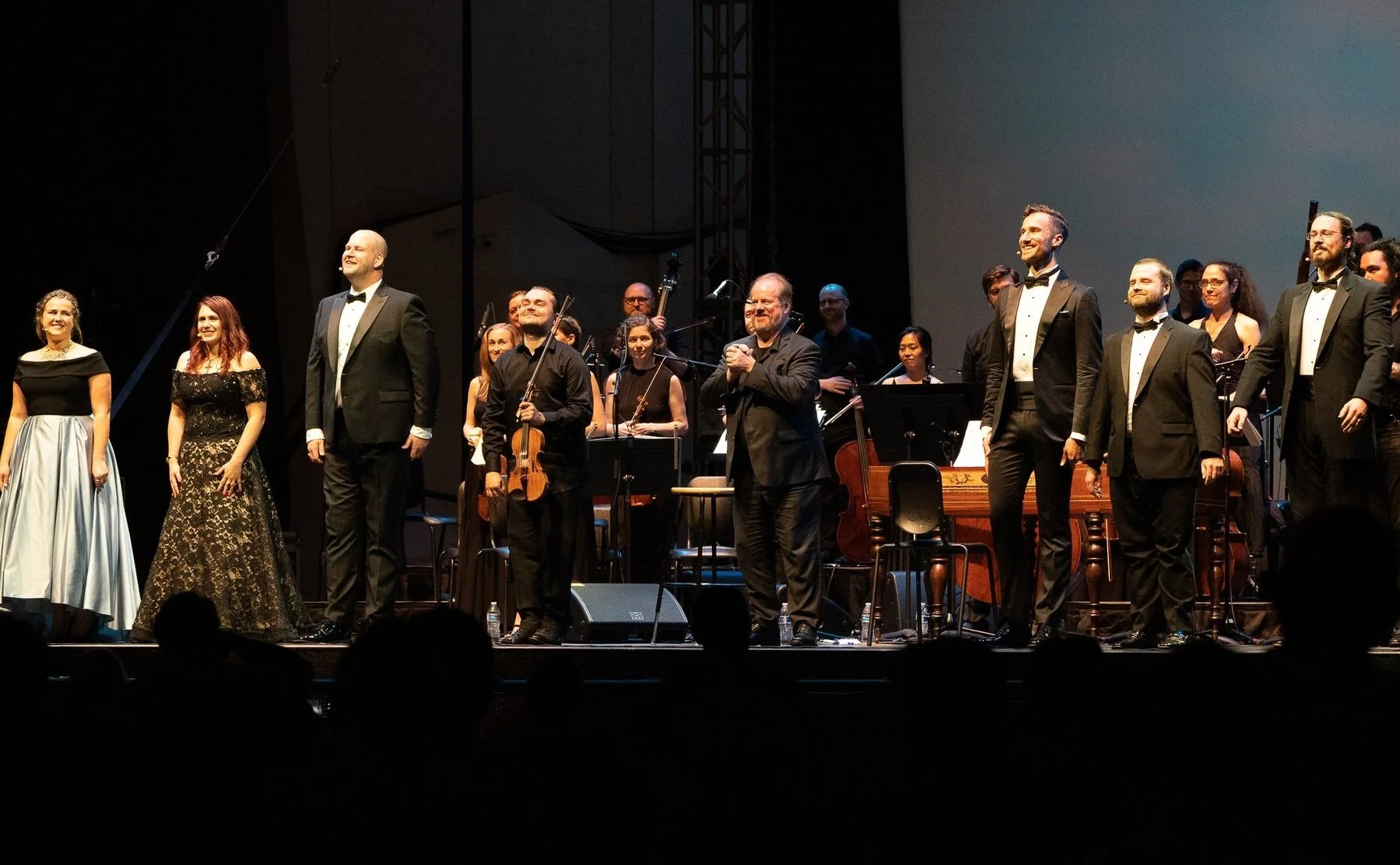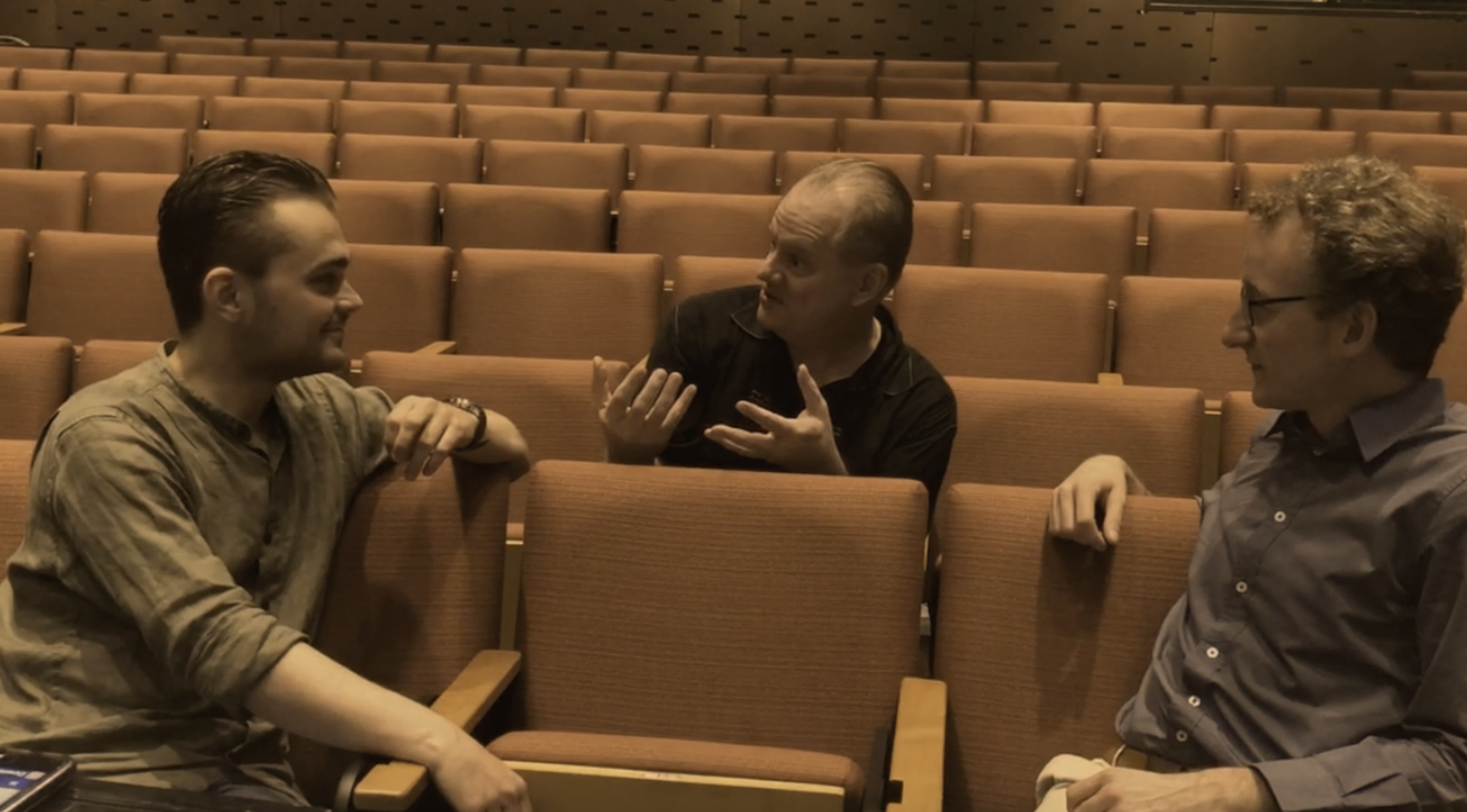Passion and discipline
Besanzoni as Carmen
Gabriella Besanzoni was born in Rome in 1890, made her debut in 1910 (L’amico Fritz in Spoleto), and quickly went on to appear at every leading Italian theater. She also sang briefly at the Met and Chicago in 1919-1921, but South America became her real artistic home - season after season in Buenos Aires and Rio de Janeiro well into the 1930s. It’s probably because those were not record-industry centers that we have so few souvenirs of her voice - just six solos made during her New York stint, a complete Carmen from a decade later that is now a forgotten period-piece because it’s in Italian, and one impassioned aria from a 1945 São Paulo broadcast.
“Voce di donna” (La gioconda) shows why we wish we had more. Every step of the scale from low Bb to high G is tested for beauty, integration, power, and malleability; none disappoints. Also tested is the ability to negotiate the register break smoothly while supplying strength on either side of it, and Besanzoni’s handling of low E-flat and its neighbors is a real lesson here.
Another lesson is the way she lets the size of her voice (obviously ample) unfold gradually over the course of the piece. Nothing is weak or unsupported early on, but she waits for the climax to let it blossom to full forte. The top G is a glory, and at the very end she expands the chest voice to hall-filling dimensions - but never to the point of losing her control over it. (Notice the slight diminuendo with which she rounds off the final note: elegance without any loss of sonority or distracting change of timbre.)
Yet another: Besanzoni can sound like the passionate, expressive Verismo-era singer she is while still maintaining all the classic virtues - no “h” sounds breaking the legato, all attacks clean and directly on pitch, smoothly drawn portamentos, no “push” in the vibrato. You don’t have to choose between expression and discipline.
I wish we could hear her florid Rossini roles! She sang four of them, at a time when all but Il Barbiere were rarities, so she must have had an affinity for coloratura. The tiny flickers of agility in her Carmen sound ideal in their combination of clarity and smoothness. But no room was found for Rossini in her too-short list of records.
Teatro Nuovo puts great emphasis on learning from the singers who had never heard, or heard of, microphone singing - primitive recordings from more than a century ago, forming a link to the traditions of opera’s heyday and the infinite potential of the natural, unassisted human voice. Check this space regularly for samples, and click here for some pointers on how to listen.






![Image 2 - Henry T. [Harry] Burleigh - Detroit Public Library.jpeg](https://images.squarespace-cdn.com/content/v1/596bb4e703596e837b624445/1591713684327-N7HW488JSZ7EN8T5AJSR/Image+2+-+Henry+T.+%5BHarry%5D+Burleigh+-+Detroit+Public+Library.jpeg)







